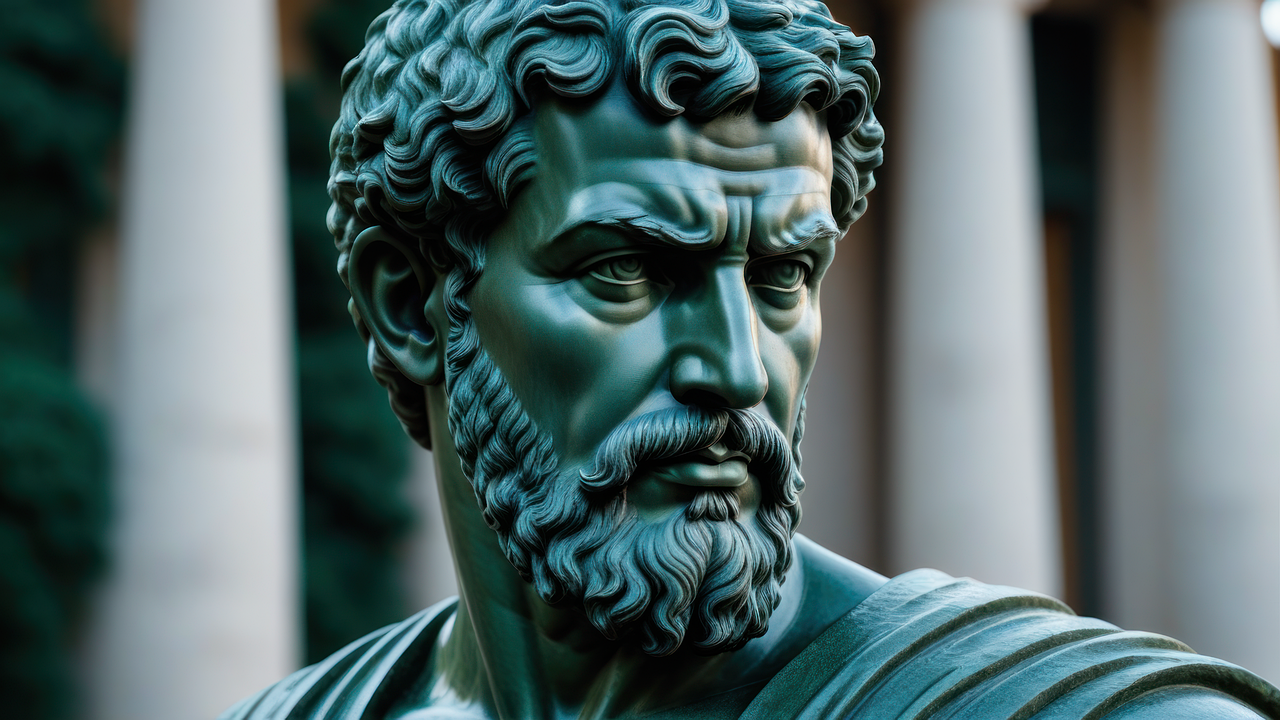
Stoic Principles for Better Decision-Making
by The Daily Stoic | 17th February 2025
Every day, we are faced with countless decisions—some minor, others life-altering. Making thoughtful, rational choices can be difficult, especially when emotions, biases, and external pressures come into play. Stoicism provides a framework for making decisions with wisdom, clarity, and integrity. By applying Stoic principles, you can improve your ability to make sound choices that align with your values and long-term well-being.
1. Pause and Reflect
In moments of decision-making, our first impulse may not always be the best one. The Stoics emphasized the importance of pausing before acting. Marcus Aurelius advised, “Give yourself time to learn the truth.” Before making a decision, take a step back, gather information, and consider different perspectives. Reflection helps prevent impulsive choices driven by fleeting emotions.
2. Align with Virtue
The Stoics believed that the best decisions are those that align with the four cardinal virtues: wisdom, courage, justice, and temperance. When faced with a dilemma, ask yourself: Is this choice wise? Is it just? Does it require courage? Does it reflect self-discipline? Choosing virtue over convenience or comfort leads to long-term fulfillment.
3. Focus on What You Can Control
Many decisions come with uncertainty. While we cannot control the outcome, we can control the effort and reasoning we put into our choices. Instead of worrying about factors beyond your control, focus on making the most rational and ethical choice with the information available to you.
4. Detach from Emotional Bias
Emotions can cloud judgment, leading to decisions based on fear, anger, or desire rather than reason. Stoicism teaches us to observe our emotions without being controlled by them. When making an important decision, take a moment to assess: Am I being driven by emotion, or am I thinking clearly? Practicing emotional detachment allows you to make choices with a calm and rational mind.
5. Use Negative Visualization
One powerful Stoic exercise is premeditatio malorum—imagining the worst-case scenario. Considering potential challenges and setbacks in advance can help you make more informed decisions. If a decision goes wrong, how would you handle it? This practice prepares you mentally and reduces fear of failure.
6. Accept the Outcome with Equanimity
Even the best decisions can lead to unexpected results. Stoicism teaches us to accept outcomes with grace and adaptability. Once you’ve made a well-reasoned decision, let go of anxiety about the results. As Epictetus said, “Do your best, and let fate take care of the rest.”
Final Thoughts
Making wise decisions is a skill that can be cultivated through Stoic practice. By pausing to reflect, aligning with virtue, focusing on what you can control, detaching from emotional bias, using negative visualization, and accepting outcomes with equanimity, you can navigate life’s choices with greater confidence and clarity.